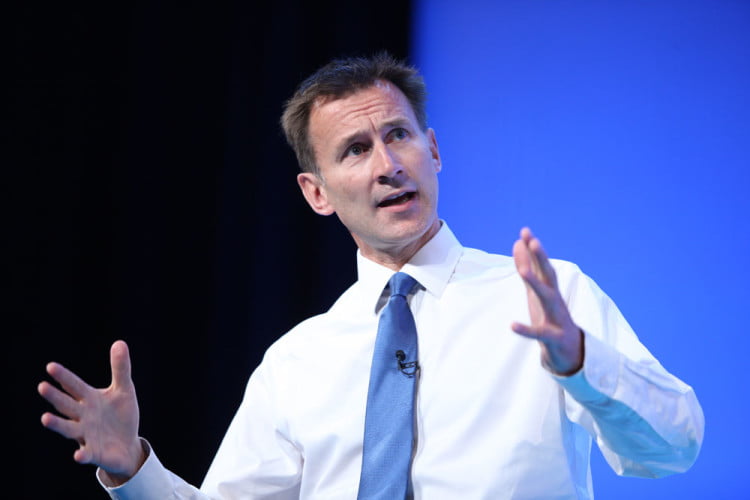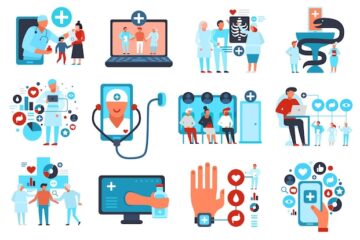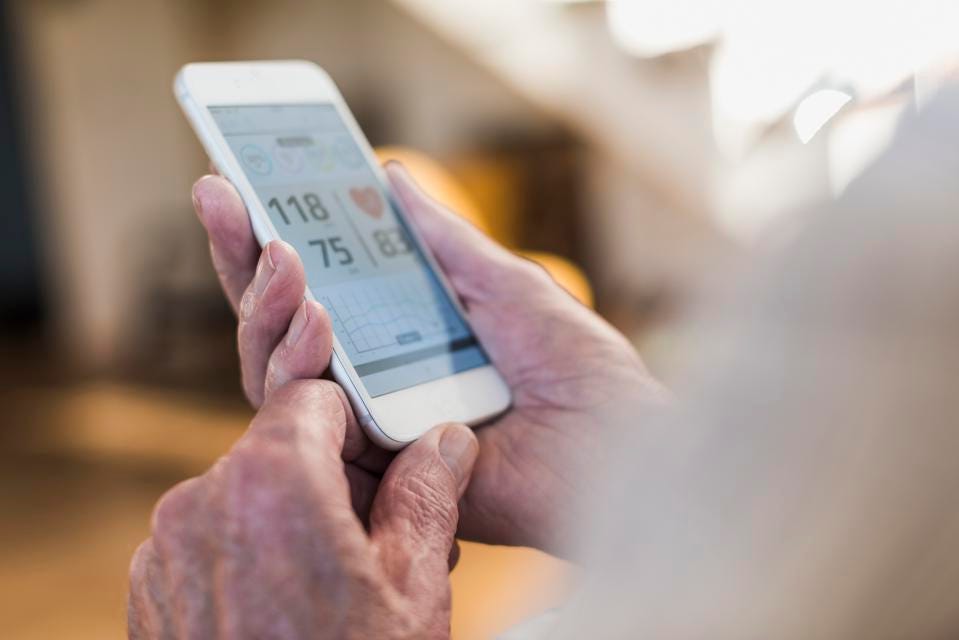
Today Health Secretary Jeremy Hunt announced plans for a new NHS app.
On the surface this seems great. After all, what’s not to like about a tool that empowers patients to care for their own health better? Especially one that lets you check your symptoms, book GP appointments and see your medical records on your smartphone.
But don’t be fooled.
Someone needs to tell Mr Hunt slowly and clearly: ‘No Jeremy, a quick-fix digital plasterwill not save our NHS’.
Empty promises
The thing is; for one, the health secretary appears to have no idea of the realities of the service he’s running.
Even if we put the (vastly important) welfare of our striking caregivers to one side, he keeps making promises he can’t keep.
The MP has, for example, previously vowed to make the NHS paperless by the end of 2017.
What followed was a review that found that half of hospitals would not practically be able have proper digital records until at least 2023.
Other electronic overhauls have been vastly over budget and years late, and experts like American professor Bob Wachter, have branded the NHS “traumatised” by the failure of its £12.4 billion IT scheme.
As such, our faith is low, because empty promises mean nothing. And as Hunt’s not even set a date for the new app, who even knows if it will happen…
Far from revolutionary
What’s more, the services offered through the proposed update are hardly revolutionary. In fact, it feels like Hunt is simply polishing existing services up as new, perhaps in a desperate bid for positive publicity.
Vowing that patients will be able to enter their symptoms online and get a call back from a nurse, is not such a great leap from the existing (albeit thinly stretched) 111 helpline.
Hunt also says that the NHS website will provide better info on local services and NHS-approved apps (aren’t these basic functions the website should already offer?)
You can also already use patient.emisaccess.co.uk to book appointments, arrange repeat medication, and see your medical records, and some GP surgeries even go so far as to let you pick up blood test results online.
Nothing about this app is new.
Untangling the mess
Of course, the idea of being able to streamline services through an app is appealing. Just look at the popularity of private medical apps like Babylon and PushDoctor.
What’s more both are actually already being used by NHS GPs, and this is proving to be a model that works, so why reinvent the wheel?
The biggest problem isn’t our lack of an NHS app. It’s not even that fiddly online services: The biggest problem is a lack of investment in vital NHS staff, which results in poor quality care and long waiting times.
Yes, the NHS would benefit from a money-saving digital facelift, and the process of going paperless is one that ought to better the service for everyone.
But throwing another health app into the already convoluted mix of digital services isn’t going to fix our NHS. Progress takes time and money and should not be rushed by any egocentric drive from Whitehall.
Even the best digital band-aid eventually peels off.
[Source:-The Memo]




